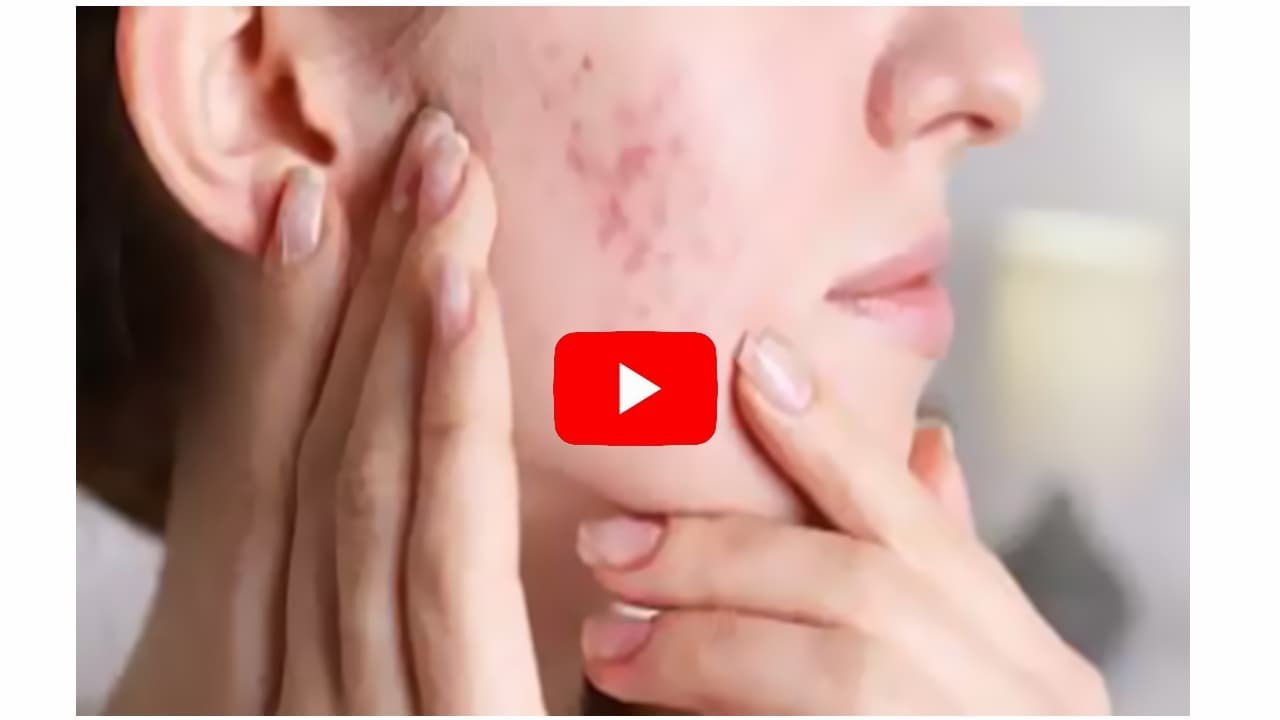Achieving Clear Skin: A Science-Based Skincare Routine
Clear, radiant skin is a goal many strive for—but with so many factors influencing skin health, it can often feel elusive. A well-designed skincare routine, grounded in scientific principles, can dramatically improve the effectiveness of acne care. The key is tailoring each step to your specific skin type and concerns.
Step 1: Gentle Cleansing – Laying the Foundation
Cleansing is the cornerstone of any clear skin regimen.
Why It Matters
Removing excess oil, dirt, and makeup prevents pore blockages that lead to breakouts.
Choosing the Right Cleanser
Pick a cleanser that suits your skin type—oily, dry, or combination. The goal is to preserve the skin’s natural balance without over-drying or causing irritation.
Step 2: Exfoliation – Encouraging Renewal
Exfoliation is essential for maintaining healthy skin turnover and preventing clogged pores.
Frequency and Method
Scientific studies show that regular exfoliation removes dead skin cells and stimulates cell regeneration. Use gentle chemical exfoliants like beta hydroxy acids (BHAs) or alpha hydroxy acids (AHAs), and avoid overly abrasive scrubs that can damage the skin barrier.
Moderation is Key
Excessive exfoliation can worsen irritation, so proceed sparingly and thoughtfully.
Step 3: Moisturizing – Hydration Without Harm
Even acne-prone skin requires proper hydration.
Non-Comedogenic Options
Lightweight, oil-free moisturizers maintain skin hydration and prevent the overproduction of sebum, which can trigger breakouts.
Incorporating Active Ingredients
Combining moisturizers with acne-targeting ingredients such as salicylic acid or benzoyl peroxide can help reduce bacteria and inflammation while keeping skin balanced.
Step 4: Sun Protection – Shielding Skin from Damage
Sun protection is often overlooked, yet it is vital for acne-prone skin.
UV Defense
Ultraviolet (UV) radiation can aggravate acne and cause hyperpigmentation.
Broad-Spectrum Sunscreen
Use a broad-spectrum sunscreen with SPF 30 or higher daily. This protects against UV-induced damage and prevents premature aging, keeping skin healthy and resilient.
Bottom Line
A structured, science-backed skincare routine—featuring gentle cleansing, thoughtful exfoliation, targeted moisturizing, and reliable sun protection—forms the backbone of clear, radiant skin. By adapting each step to your skin’s unique needs, you can tackle acne effectively while supporting long-term skin health and balance.
The Science Behind Acne: Understanding the Root Causes
To effectively combat acne, it’s essential to understand the underlying biology of skin and the factors that contribute to breakouts. Acne is rarely caused by a single factor; it is usually the result of excess sebum, clogged pores, bacterial proliferation, and inflammation.
Hormonal Influences: Driving Oil Production
Hormonal fluctuations, particularly during adolescence, can trigger the sebaceous glands to produce excess oil.
Sebum Overproduction
An increase in sebum can clog pores and create an environment conducive to bacterial growth, laying the groundwork for pimples, blackheads, and cysts.
The Role of Bacteria: Propionibacterium acnes
Research has identified Propionibacterium acnes—a naturally occurring skin bacterium—as a key player in acne development.
Bacterial Multiplication
When pores become blocked, these bacteria multiply rapidly, causing inflammation and the formation of lesions.
Targeted Treatments
Understanding the role of P. acnes has led to the development of medications that reduce bacterial growth and inflammation, forming a cornerstone of acne therapy.
Genetics: Predisposition Matters
Acne severity and treatment response can also be influenced by genetics.
Family History
Individuals with a family history of acne are more likely to experience severe outbreaks.
Personalized Approach
This hereditary factor underscores the importance of tailored treatment plans, designed to address each person’s unique skin biology and response patterns.
Bottom Line
Acne arises from a complex interplay of hormones, bacteria, genetics, and inflammation. By understanding these underlying mechanisms, you can better select treatments that target the root causes rather than just the surface symptoms, paving the way for clearer, healthier skin.
✅ Struggling with acne? Discover the 2 natural solutions I personally recommend:
👉 Get Ninja Health Now — Launch Your Health Site in 60 Seconds
Evidence-Based and Natural Acne Treatments
In the pursuit of clear skin, countless treatments promise rapid results, yet sustainable improvement relies on evidence-backed approaches. Both over-the-counter (OTC) products and certain natural remedies can play important roles in managing acne effectively.
Over-the-Counter Solutions: Proven Efficacy
OTC products with active ingredients like benzoyl peroxide, salicylic acid, and alpha hydroxy acids (AHAs) have consistently demonstrated their effectiveness in treating mild to moderate acne.
Benzoyl Peroxide: The Antibacterial Workhorse
Benzoyl peroxide targets Propionibacterium acnes, reducing bacterial growth and helping prevent new breakouts.
Salicylic Acid: The Pore-Cleanser
As a beta hydroxy acid (BHA), salicylic acid penetrates pores to exfoliate dead skin cells, unclogging blocked follicles and reducing inflammation.
Alpha Hydroxy Acids (AHAs): Renewing the Skin
AHAs, such as glycolic acid, promote cell turnover and improve skin texture. They are particularly effective in fading post-acne blemishes and smoothing uneven skin.
Natural Alternatives: Complementary Approaches
For those seeking more natural options, certain remedies offer antibacterial and anti-inflammatory benefits.
Tea Tree Oil: Gentle Yet Effective
Tea tree oil has shown promise in reducing acne-causing bacteria and calming inflammation. It should be used diluted to minimize the risk of skin irritation.
Zinc Supplements: Anti-Inflammatory Support
Zinc may help reduce inflammation and sebum production, complementing standard acne therapies and supporting overall skin health.
Bottom Line
Combining science-backed OTC treatments with carefully selected natural remedies can create a balanced, effective acne management strategy. Choosing products and supplements based on evidence and individual skin needs ensures more consistent, long-lasting results while minimizing irritation or adverse effects.
✅ Struggling with acne? Discover the 2 natural solutions I personally recommend:
👉 Get Ninja Health Now — Launch Your Health Site in 60 Seconds






